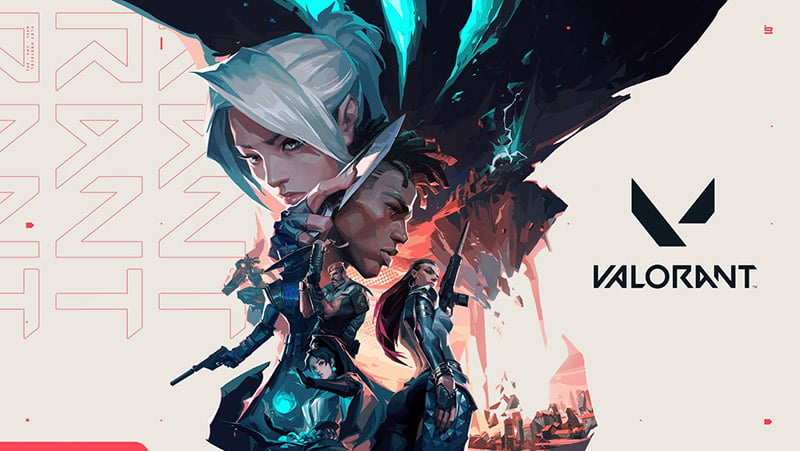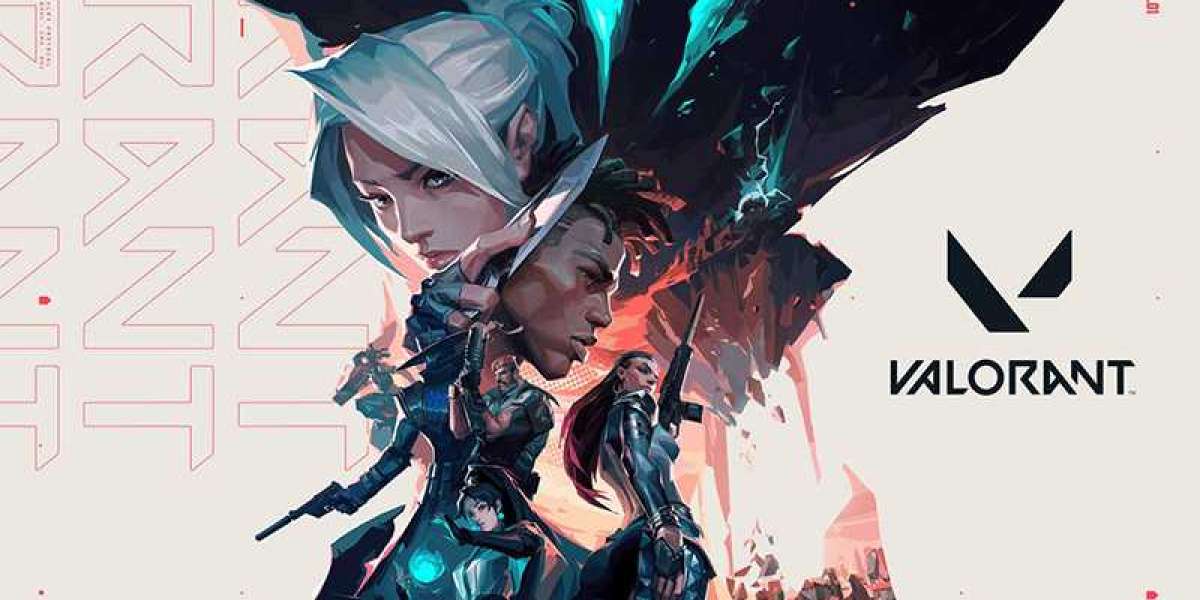Valorant, developed by Riot Games, is a high-intensity competitive game that has taken the gaming world by storm. This tactical first-person shooter combines precise gunplay with unique agent abilities, creating a dynamic and engaging experience. Given the fast-paced nature of the game, players often face constant clashes, making it challenging to communicate in detail during gameplay. To address this, a variety of concise and clear communication terms have emerged, allowing players to quickly and accurately share information.

Common Communication Terms in Valorant
- glhf = Good Luck Have Fun: A friendly greeting at the start of the game.
- g2g = Got To Go: Indicates the player needs to leave.
- ns = Nice Shot: Complimenting a teammate's good shot.
- ty = Thank You: Expressing gratitude.
- xd: An emoticon signifying laughter or a smiling face.
- nt = Nice Try: Consoling a teammate after a failed attempt.
- noob: Describing someone as inexperienced or playing poorly.
- noob teammate: Insulting a teammate for poor performance.
- AFK = Away From Keyboard: Typically means the player is inactive or not playing.
- AFK, pz report: Asking others to report an inactive player.
- report: Requesting to report a player for misconduct.
- mb = My Bad: Apologizing for a mistake.
- np = No Problem: Indicating no issues or it's okay.
- gh = Good Half: Complimenting the team at the end of the half.
- eco/save: Advising the team to save money and not buy weapons.
- lmao/lol: Expressing laughter.
- sus: Suspecting the opponent of cheating.
- gg = Good Game: Complimenting the team at the end of the game, though it can be used sarcastically.
- wp = Well Played: Complimenting good gameplay.
- ggez/ez: Mocking the opponent, indicating the game was easy.
- Flank: Warning or indicating an attempt to approach from the side.
- drop/buy me: Requesting someone to buy a weapon.
- Corner: Advising to check a corner.
- Wallbanging: Shooting through walls to hit opponents.
- Prefire: Shooting preemptively to catch opponents off-guard.
- Lurker: Refers to a player who stays behind to catch rotating enemies.
- Half Buy: Buying limited items to save money.
- Anti-eco: Strategizing to take advantage of the opponent's economic round.
- Full save: Advising to not buy anything.
- One shot: Indicating an enemy is low on health.
- bait/baiting: Using one player as bait to gather information.
- trade/trade kill: Sacrificing one player to take down an opponent.
- Double peek: Two players peeking simultaneously.
- peek shot: Shooting while quickly peeking around a corner.
- one tap/tag: Hitting an enemy with a single, often headshot.
- Wide peek: Exposing more of your body when peeking.
- Jiggle peek/shoulder peek: Quick peeking to gather information.
- Crossfire: Positioning to cover multiple angles.
- Heaven: Refers to high ground or elevated positions.
- Hell: Refers to lower ground or beneath elevated positions.
- Play for Picks: Slow and strategic play to get enemy picks.
- Fake Defuse/Plant: Pretending to defuse or plant to bait enemies.
- save: Advising to save valuable weapons in a losing situation.
- Line Up: Using pre-determined spots for utility usage.
- Post plant: Positioning after planting the bomb.
- safe plant: Planting safely behind cover.
- Play the bomb: Focusing on defending the planted bomb.
- Play for time: Delaying tactics to run down the clock.
- retake: Coordinating to reclaim a lost site.
- Glass Cannon: Buying a powerful weapon like a sniper without armor.
- Entry: The first player to engage in a site take.
Enhancing Your Valorant Experience
Effective communication is crucial, but achieving optimal gameplay requires a stableexperience. One way to ensure this is by minimizing your Valorant ping. High ping can result in lag, delays, and disconnections, which disrupt your strategies and overall gameplay flow. Using an effective game VPN like GearUP Booster can help mitigate these issues.
GearUP Booster employs advanced multi-route technology to dynamically test your Valorant ping and adjust your network connection in real-time. This tool detects any anomalies and switches network nodes to maintain a stable and smooth connection to the game servers. This means that even while you're immersed in intense gameplay, GearUP Booster ensures a seamless experience without manual intervention. Its user-friendly interface and automatic adjustments have earned it high praise among gamers. If you're interested, GearUP Booster offers a free trial, so you can experience the benefits firsthand.
Conclusion
Mastering common communication terms in Valorant can significantly enhance your teamwork and gameplay efficiency. However, to truly excel, maintaining a stable and low Valorant ping is essential. Tools like GearUP Booster can provide a reliable solution to network issues, ensuring you stay focused on the game. Download and try it out to elevate your Valorant experience to the next level!







